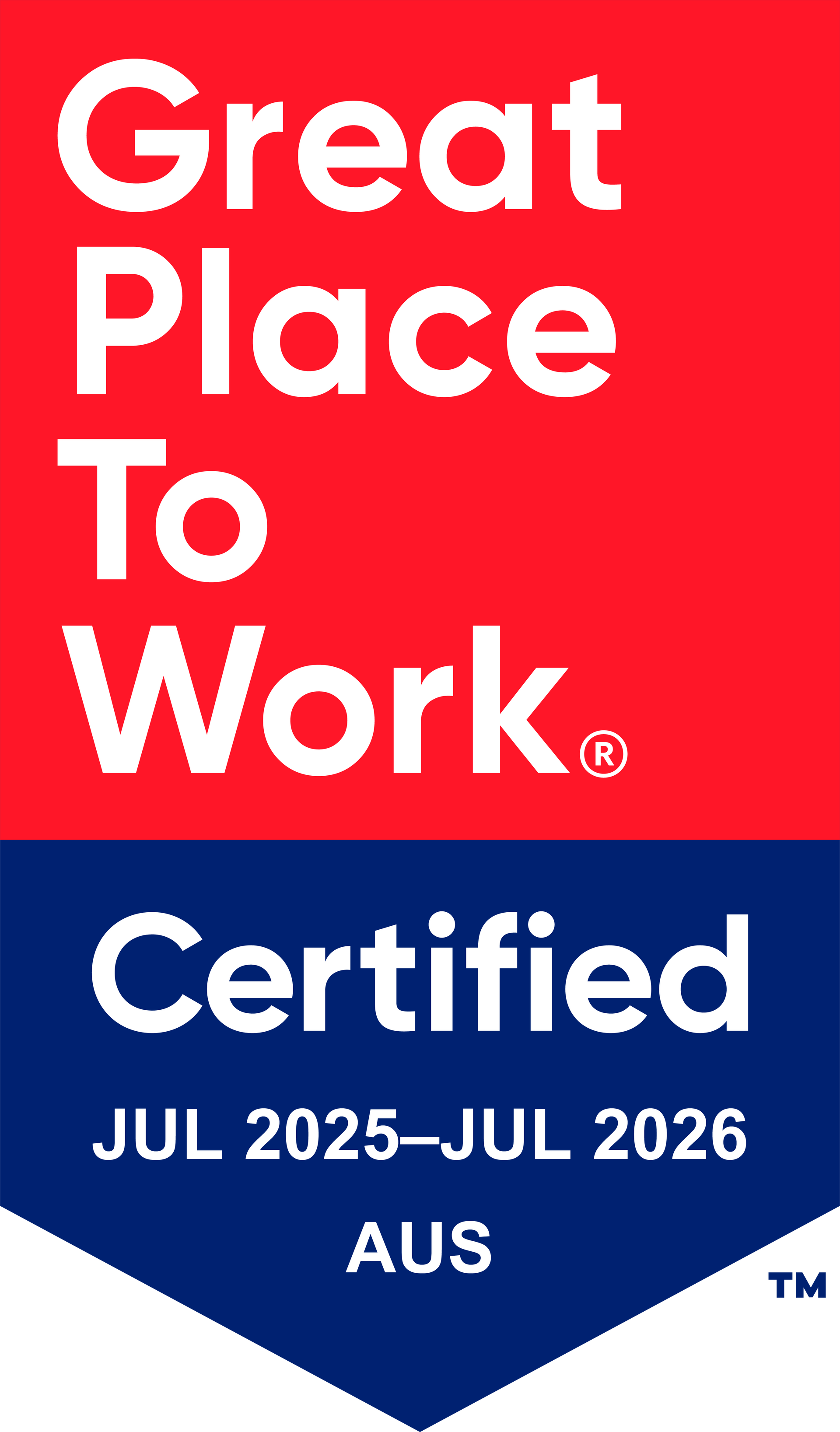Is this job for you? Questions to ask during the interview
By Jennifer Hawea, Principal Recruitment Consultant, Hinchen Recruitment Group
Looking for a new role can be a daunting and time-consuming experience. While it’s important to be prepared and answer the interview questions well, it’s equally important to ask your own questions so you can decide, is this the job for you?
A good way to start is by reflecting on the things that are important to you in a role and an organisation. Think about when you have been happiest or even unhappiest in your career and what the reasons were for that. Once you’ve thought about it, come up with a list of questions to ask throughout the process to see if this role will lead you down the happy or unhappy route. Ask open ended questions that will encourage the hiring manager to give more insight. For example, if you are looking for an alignment in values and working style with your direct manager, instead of asking, “what is your management style?”, ask “what are your values as a leader and how do you embody those values day to day?” Another way to phrase that question is, “what is your day-to-day operating rhythm with your team?” Asking questions that require more detail will give more insight into the emotional intelligence of your direct report and allow you to pick up on red flags or recognise an alignment. If you know why you enjoyed a previous job or know why you didn’t, these questions are incredibly important and highly recommended for all levels of employment.
Here is a list of other potential questions:
To assess expectations and future growth
- What does success look like in this role in both the short and long term?
- Who are the main internal and external stakeholder relationships relevant to the role?
- What are the main challenges and opportunities I would face in this role? (Looking for upcoming projects, busy periods with increased workload, regular deadlines, and any roadblocks to delivering on expectations)
- What growth in terms of increased responsibility or promotion could be achieved in this role and within what timeframe?
To assess alignment with a direct report
- What is your preferred method of giving and receiving feedback?
- Can you give me an example of a people development outcome you are proud of?
- What are your leadership values and how do you live those values day to day?
- How would your current team describe your leadership style?
To assess the culture of the organisation
- Why do people like working here?
- How is success celebrated?
- Does the organisation value flexibility/diversity/inclusion/safety?
- How are values communicated and upheld through the organisation?
It is important to remember that while you’re being evaluated during a recruitment process you are also evaluating whether the role/manager/organisation is aligned to your values. Research is key. Google and LinkedIn can give you insights into where the business sits within their market, their brand, who works there and for how long. All these things can assist with forming a first impression to further explore with targeted questions during the interview process.
Job seeking can be time consuming and at times frustrating. It’s important that your time is also respected. If the job advertisement does not state salary range, location, flexible working options etc it is reasonable to ask the question on the first phone call/email. You need to ensure you are spending your time wisely and not attending interviews unnecessarily, it wastes your time and the recruiters or businesses time. The flip side of this is that as a job seeker making new connections is key and opportunity comes from connections. You may decide that even though the role is paying a bit less, has less flexibility or is in a less convenient location that the opportunity is worth exploring. No matter what the pros or cons are, as long as it’s an informed choice then it should be the right choice for you. Just make sure you ask ahead of time, so you don’t get to the end of an interview to find that you have wasted your time.
If you invest time attending an interview and are unsuccessful, asking for feedback is important and should be provided. When you receive an unsuccessful phone call/email you can say, “thank you for the opportunity, for my development is there any specific feedback on how I could have aligned myself better to the role?” Feedback can give you valuable insight on how you are performing during the interview and give you areas to improve for next time.
Reflection, research, preparation, asking targeted questions that align with your values/aspirations, seeking feedback and taking it on board are important regardless of the level of role you are interviewing for. Doing this will build your confidence and ensure you make the right decision.
Happy job hunting!



